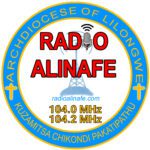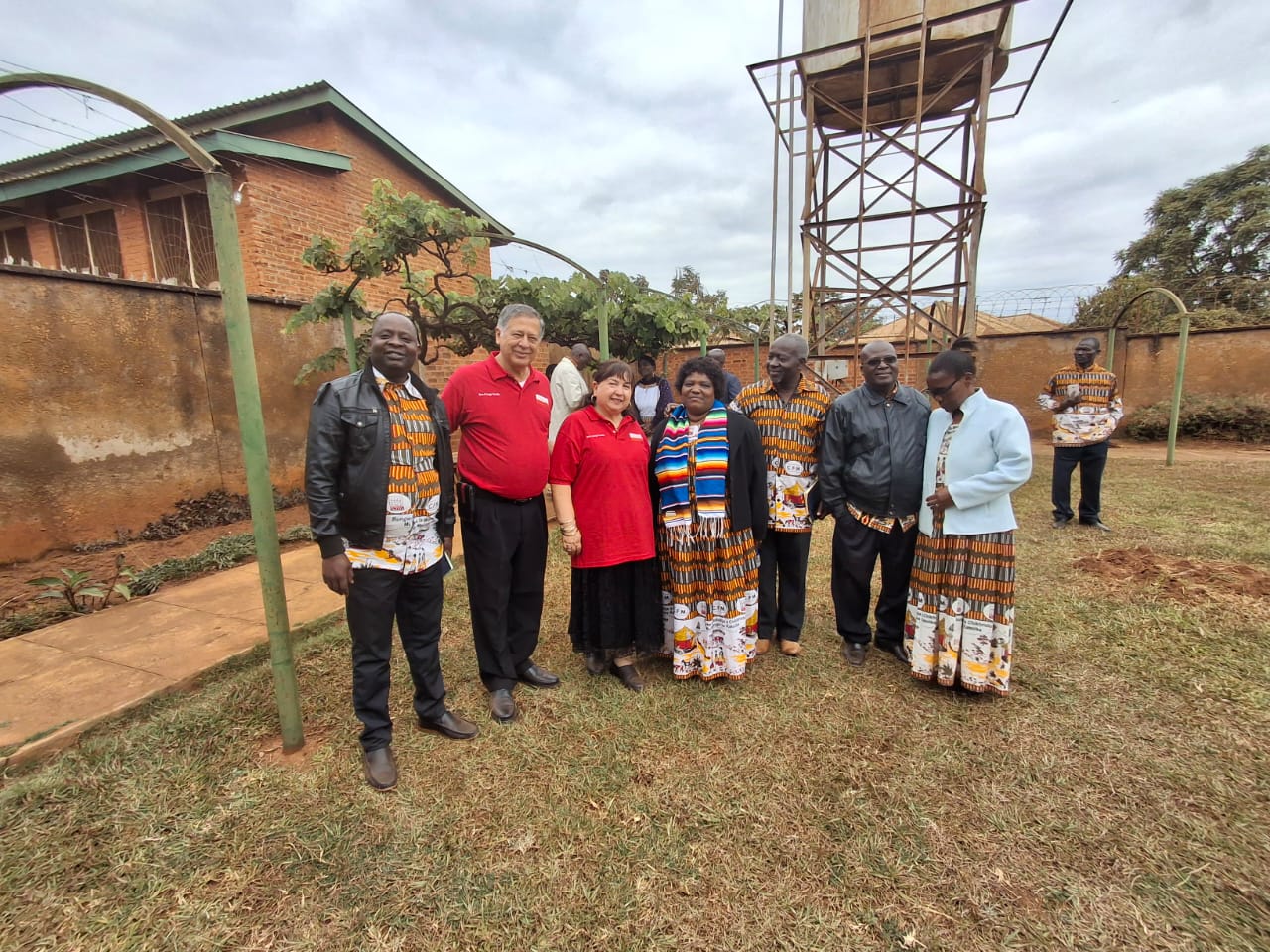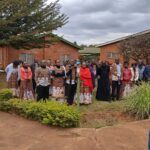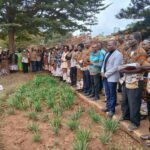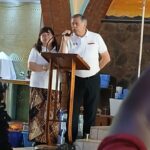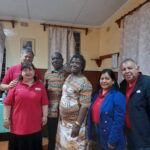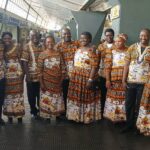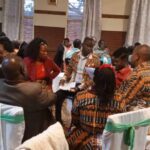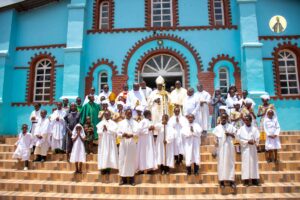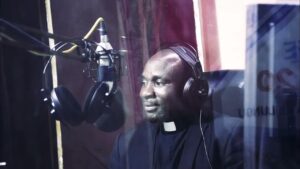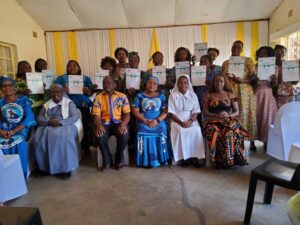Catholic Family Movement Concludes Pivotal National Training in Lilongwe, Emphasizing Family as Evangelizers
A significant three-day national training on the Basic Formation Cycle, also known as the Evangelical Solidarity Program (ESP) has successfully concluded today, 15th June 2025 at Bethany Retreat Centre in the Archdiocese of Lilongwe.
The intensive “trainer of trainers” (ToT) workshop, which ran from June 13th to 15th, was led by the International President Couple of the International Confederation of Catholic Family Movements (ICCFM), Sergio and Dora, accompanied by Gerardo and Eloina.
The training marked a pastoral visit by the international team, fulfilling a tradition of engaging with national CFM teams globally, with Malawi and Uganda being their chosen destinations this time. The workshop saw the participation of 54 delegates from across Malawi’s Archdioceses and Dioceses, including Blantyre (9), Lilongwe (19), Chikwawa (3), Zomba (6), Mangochi (5), Dedza (8), and Mzuzu (4).
The workshop commenced on Friday evening with a Holy Eucharist Mass celebrated by Right Reverend Vincent Mwakhwawa, who underscored the critical role of the family as the foundation of the nation.
Bishop Mwakhwawa expressed the Malawi Conference of Catholic Bishops’ (MCCB) desire to see families become evangelizers within their associations and movements.
His Lordship urged participants and chaplains to seize this unique opportunity to deepen their understanding of the movement and formulate plans for implementing the newly acquired knowledge.
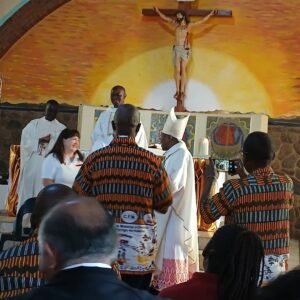
Bishop Mwakhwawa also advised CFM leadership to always collaborate with the National Pastoral Coordinator, Fr. Joseph Sikwese, and the National Chaplain on Family Apostolate, Msgr. Henry Chinkanda, for guidance on their initiatives.
He specifically requested the International President Couple’s assistance in implementing youth accompaniment programs in Malawi, drawing inspiration from Mexico’s model.
In their remarks, the ICCFM President Couple, Sergio and Dora, highlighted the auspicious timing of the workshop during the Jubilee Year, themed “Pilgrims of Hope.”
They emphasized that such trainings are crucial for the Church, as they address capacity gaps among couples and within the broader Church community.
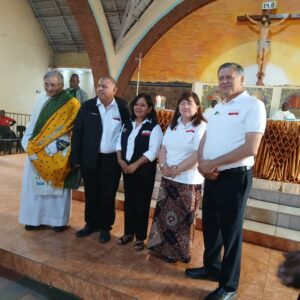
They echoed Bishop Mwakhwawa’s sentiment regarding the importance of the Basic Formation Cycle in equipping families to deepen their faith both individually and as couples.
Participants engaged in highly interactive sessions, exploring the methodology of the Basic Formation Cycle, which employs the “See-Judge-Act-Reflection” approach advocated by the Church. The training incorporated presentations, dynamics, group discussions, and plenary sessions.
Delegates also received an overview of CFM’s structure and governance, which aligns with MCCB and Canon Law, with proposed adjustments subject to MCCB approval.
Key takeaways from the training include the commitment to implement the Basic Formation Cycle (ESP) upon receiving blessings from respective Bishops, seeking advice from MCCB on the proposed governance structure, and enforcing trainings and the adoption of natural planning methods in various dioceses and parishes.
The successful conclusion of this training is expected to significantly bolster the capacity of Catholic families in Malawi to fulfill their role as evangelizers and strengthen the movement’s presence across the nation.
